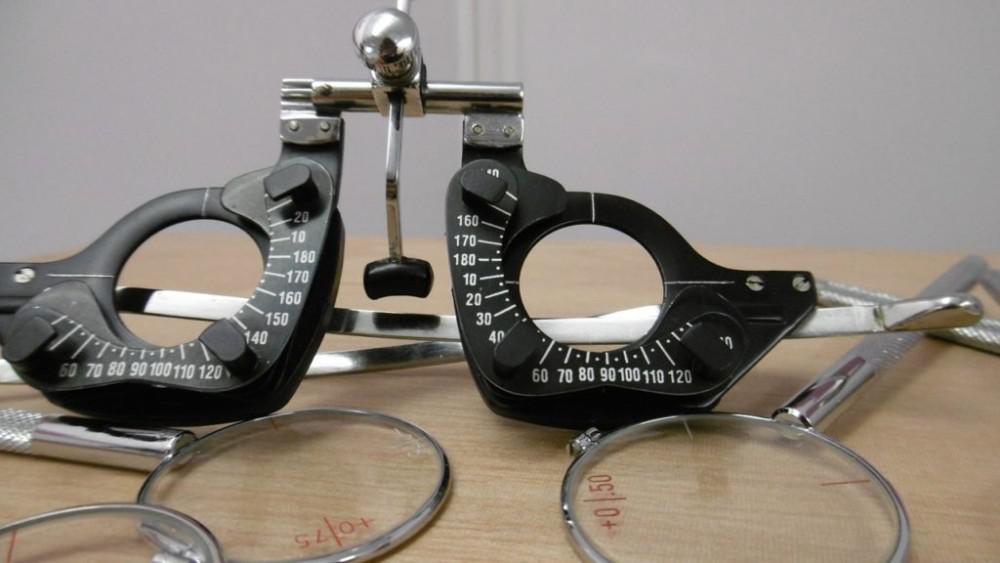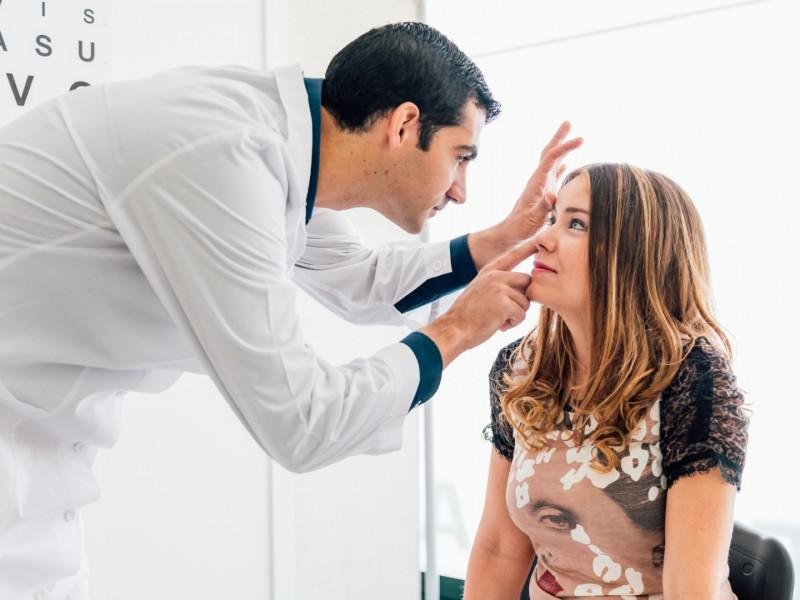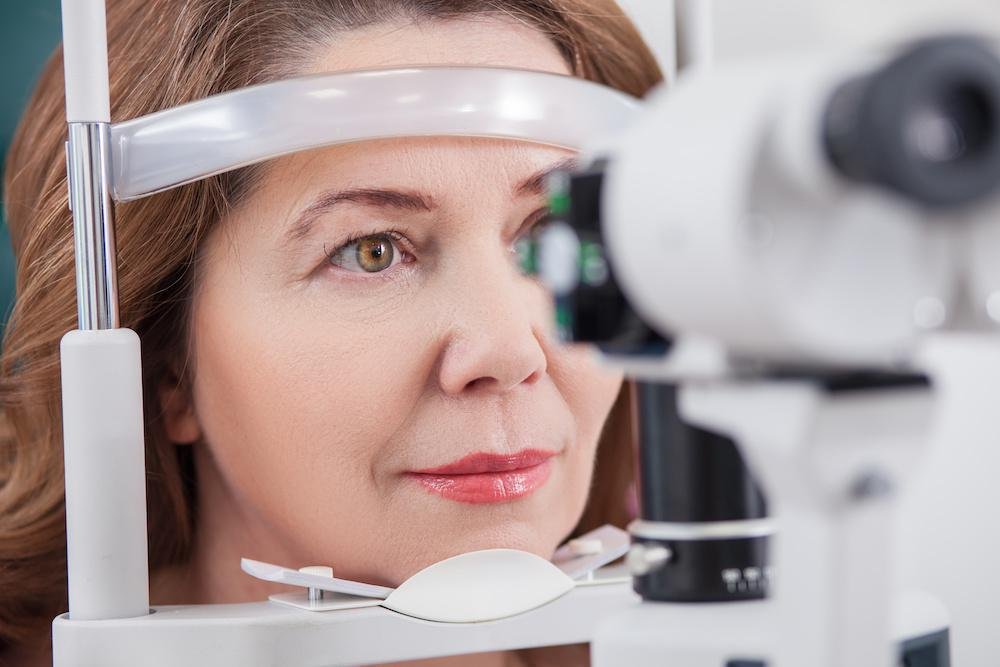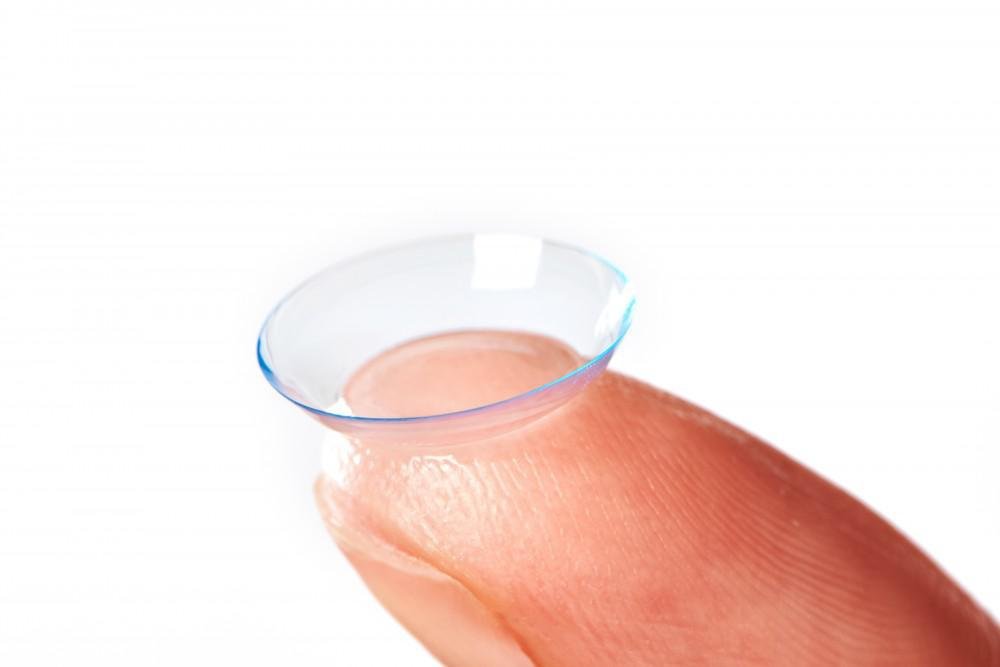With the widespread use of computers today comes a higher incidence of eye strain and computer vision syndrome for many people. These kinds of afflictions can make life miserable and can seriously affect our ability to complete our daily tasks both at work and at home. Fortunately, treatment for eye strain can consist of making simple changes to your daily habits and environment, although any underlying eye condition will probably require the skills of an eye care professional.
Some tips for minimizing eye strain and computer vision syndrome:
- Wear glasses that are prescribed for particular activities, such as reading or computer use.
- Keeping a room softly light during television viewing.
- Position light sources behind you when reading or doing close-up work, directing the light onto the page or task. A shaded light in front of you will be best when working at a desk, which will keep the light from shining directly into the eyes.
- Rest your eyes by taking occasional breaks away from screens, and limit screen time, especially when the viewer is a child.
- Relieve dry eyes by using over the counter artificial tears. If the drops contain preservatives, make sure you don’t use them more than four times daily.
- Avoid smoke in your environment, and use a humidifier. These two tips will give you a much more pleasant environment in which to work.
- Blink often to refresh your eyes when working at a computer. This produces tears that will moisten and refresh your eyes.
- Your monitor should be directly in front of you an arm’s length away, placing the top of the screen at or below eye level. Consider enlarging your type to lessen the strain on your eyes.
- Some eye strain can possibly be relieved by natural products such as Omega-3 fatty acids found in fish oil. Talk to your eye doctor about using supplements to help you with your symptoms of eye strain or computer vision syndrome.
Classic Vision Care cares about you and your eyes. When it comes to computer vision syndrome or eye strain, we are always here to help.
You Might Also Enjoy…
Are Glasses Better than Contacts?
Trying to decide between wearing eyeglasses or contact lenses? Consider all the factors, including comfort, ease, and appearance. We’ve compiled a list of pros and cons to help you see your way through this significant decision.
Why Sunglasses are Important All Year Long
No doubt you always have your favorite shades close by all summer. But sunglasses protect your eyes all year long, even during darker winter months. Learn how they shield your eyes from harmful ultraviolet (UV) rays any time of year.
How Astigmatism Affects Your Vision
Astigmatism causes a variety of symptoms ranging from blurred vision to eye discomfort and pressure. Understand how a comprehensive eye exam can pinpoint the cause of your symptoms and get your sight back on track.
Who Is at Risk for Glaucoma?
Could you be at risk for glaucoma? The short answer is that everyone, especially seniors, is at risk for glaucoma. Learn how to lessen your odds of losing your sight through early detection and treatment.







